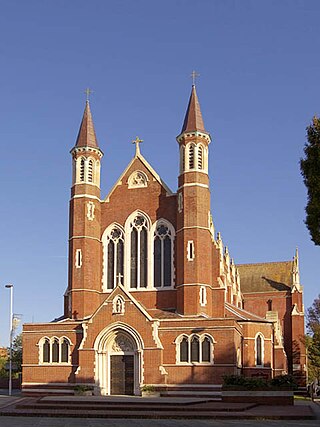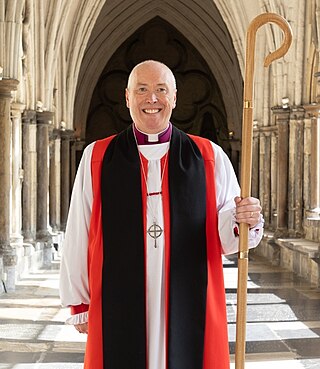History

The College of Minor Canons (up to 12 in number) lived according to a rule and from 1353 possessed a hall where they gathered daily for an evening meal. In 1378 the minor canons petitioned Pope Urban VI for a grant confirming their "ancient" privileges, and in 1396 Richard II authorised statutes to govern the college of minor canons at St Paul's.
The 1396 statutes (which probably reflected contemporary practice) provided for the election by the minor canons each June of a warden, who was to govern the college in association with his senior brethren, among them the junior and senior cardinals. Whenever a vacancy arose in the college, the remaining members were to nominate two persons, from whom the dean and chapter made their selection. Prospective minor canons were to be "worthy, sufficient and meet men, not only in reading and singing, but also and especially in honesty of life and godliness of conversation". Upon election each new minor canon was to present the college with a silver spoon worth at least five shillings. To avoid scandal, canons were forbidden to bring women into the college precincts or to visit taverns in their company. Transgressors faced expulsion for a third offence. Hospitality was limited, for any legitimate guests at dinner were to pay a sum set by the warden "as the dearth or plenty of victuals then requires". Tranquillity was also important, for there was to be no noise in minor canons' residences after 9:00 pm. Sanitation was a constant concern, with a ha’penny fine for any minor canon who did "cast filth ... [or] make water within the gates except it be in the place appointed for that purpose". These statutes of 1396 were confirmed by successive monarchs, as by Henry VII in 1487 and Elizabeth I in 1566. In 1840 an Act of Parliament, known as the St Paul's Cathedral Minor Canonries Act reduced the number of Minor Canons to six, with a warden and a senior and junior cardinal among them.
In the early 21st century, the college were three priests: chaplain, sacrist and succentor. The College of Minor Canons of St Paul's Cathedral, and the two historic titles "Senior Cardinal" and "Junior Cardinal", were abolished with effect from 1 February 2016. [lower-alpha 1] [4]
Cardinals

In the Church of England, the title Cardinal was, prior to the abolition of the college, applied to the two senior members of the College of Minor Canons of St Paul's Cathedral, who were known as the Senior and Junior Cardinal. [5] The use of the term predates the English Reformation and in 1898 a complete list of the Cardinals up to that time appeared in print. [6] The final Cardinals, in post on 1 February 2016, [7] were Rosemary Morton (Succentor since November 2014) [8] and James Milne (Sacrist since 7 February 2015). [9] The Cardinal Rector of St Magnus-the-Martyr Church by London Bridge is thought to be the only cleric now entitled to use the title Cardinal in the Church of England. [5] Given that women are never made cardinals of the Roman church, women who served as Minor Canons of St Paul's and who were entitled to the "Cardinal" designation were the only women to be called cardinals.
History of the title
This usage of Cardinal dates back to before when the term assumed its present meaning as a high official of the Catholic Church. Originally, it could be applied to any priest permanently assigned or incardinated to a church. A papal grant of Urban VI (1378) referred to duo deputati ab antiquo, qui cardinales vocantur, the two who took a leading role in the affairs of the college. Their duties according to the statutes of the cathedral of 1396 were "continually to visit the sick and minister unto them as often as shall be needful". [5] The two Cardinals of the choir enjoyed fees from funerals and anniversary Masses sung in the cathedral. [10] They were consulted on liturgical matters, as on the suitability of the office hymn Verbum supernum at the time of the introduction of the Sarum Rite at St Paul's in the mid-fifteenth century. Their duty to celebrate at the high altar in place of the dean and canons was unique to St Paul's. Moreover, the junior Cardinal had special responsibility for visiting the sick and ministering the sacrament to them: a dangerous duty when the city was infected by plague and disease. In reward, the Cardinals enjoyed a double allowance of money, bread, and ale from the college common funds. [11] The Victorian poet Richard Harris Barham held one of these offices. [5]



